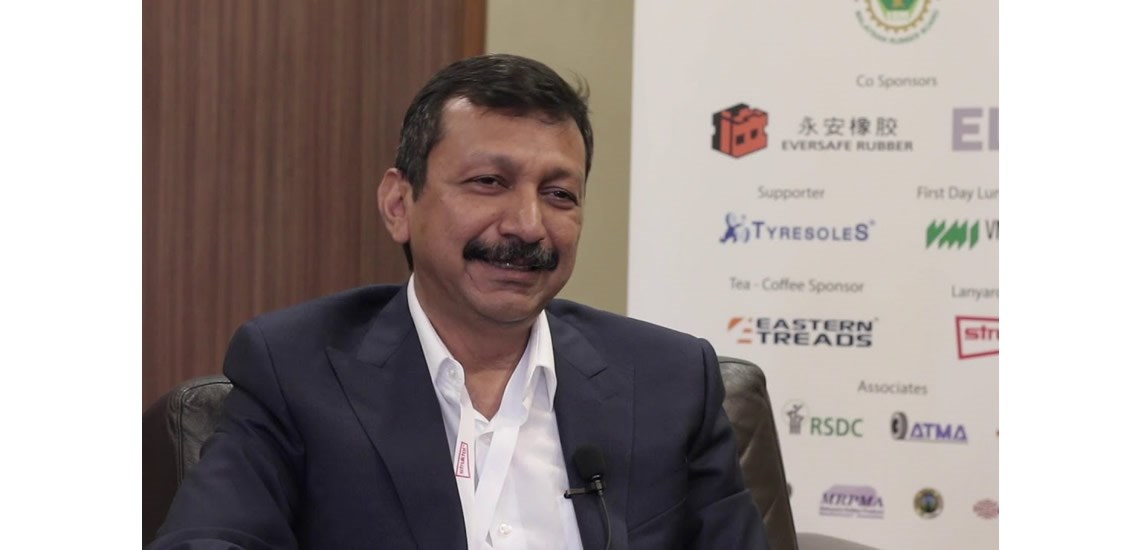The new Extended Producer Responsibility for Waste Tyre Policy, published on July 23 by India’s Ministry of Environment, Forests and Climate Change has provided a massive boost for India’s retreading industry by including retreading as an integral part of the Policy, thereby recognising retreaders as an essential part of the waste tyre management system.
One of the enormous challenges facing both the retreading and recycling sectors in India has been the lack of organisation. This often led to a scenario where low cost, low quality operators – either recyclers or retreaders hit the market and impacted upon the reputation of high end operators in both sectors.
In recycling, this was most evident in the pyrolysis sector where a series of unfortunate incidents led to pressures to reduce the importation of end of life tyres, and to the clampdown on pyrolysis plants not operating to a Standard Operating Practice. The ultimate outcome of the combination of pressures, environmental and political, was the introduction of Extended Producer Responsibility.
Initially this had a negative impact upon retreaders as they were not recognised in the first draft. However, after consultation, they are now part of the EPR scheme. (Which is not always the case in other EPR regimes around the world).NGT Considers Pyrolysis
Of key importance is that retreaders in India will now be able to issue Retreading Certificates, through which tyre companies will be able to defer their EPR obligation by one year.
“We are waiting to understand the implementation,” commented Karun Sanghi, the Managing Director of Indian retreader Tyresoles and Chairman of TREA, the Indian Tyre Retreading Education Association. “Still, this is a great step forward for the retreading industry in India,” he added.
The announcement is a notable achievement for the nascent trade association, which has been at the forefront of the push to have retreading including in India’s new EPR law.
“This is a significant development for the sector and one of the most virtuous examples in the world,” added Hemant Kaul, CEO of Marangoni India in a separate LinkedIn post. “For the Indian Retreading Industry, this policy boost can increase the pace of market shift towards getting more organised, leading to better quality retreading solutions for fleets to reduce their operating costs and carbon footprint. With this policy initiative, India has shown leadership in recognising retreading and its role in a sustainable transportation sector.”


















